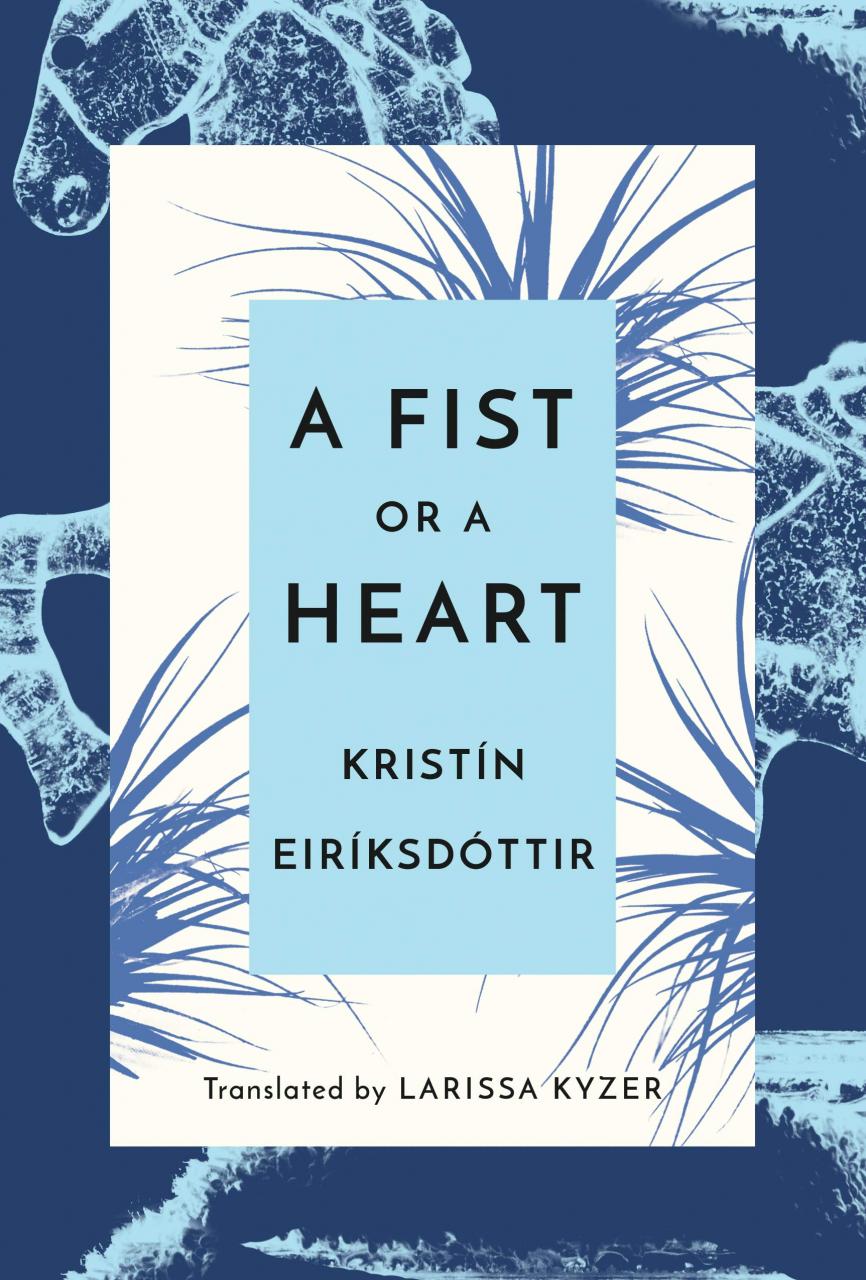(Elín, ýmislegt, 2017)
The perspective in this slim novel is split between two women who are in very different stages of life: Elín, a reclusive woman in her seventies, whittles away her remaining years designing props for the theatre and body-parts for Scandi-noir TV shows. Through her work as a prop designer, she meets Ellen, a playwright barely out of her teens whose first play is headed for the stage.
Though the two have little actual contact, Elín is smitten with the girl, who is weighed down by the expectations and potential thrust upon her by the legacy of her father, an infamous enfant terrible of Icelandic literature. Perturbed by this new and unfamiliar mothering instinct, the older woman begins to spy on Ellen and her wreck of a mother, documenting their story because “no one else is going to do it”. In doing so, she starts to unravel the threads that interweave her own story with theirs, bringing up a past that she had happily consigned to oblivion. She knows that time is of the essence, as she can gradually feel her foothold in the world giving away.
This translation marks the first appearance of Kristín Eiríksdóttir’s work in English, the hitherto lack of which is in and of itself a great crime against the Anglophone reader. After its publication in 2019, the book’s translator, Larissa Kyzer, won the American-Scandinavian Foundation’s Translation Prize for her translation of Kristín’s original text.
